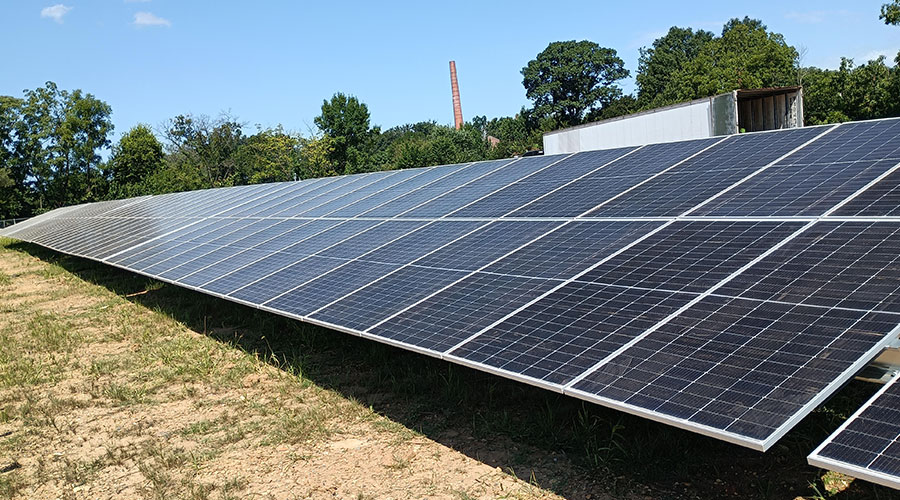Health Care Executives Place Higher Priority on Energy Efficiency Than Others, Research Shows
Health care executives place a higher priority on energy efficiency than executives in other industries and are more likely to expect to make improvements over the coming year, according to recent surveys.
Health care executives place a higher priority on energy efficiency than executives in other industries and are more likely to expect to make improvements over the coming year, according to recent surveys.
The
2008 Healthcare Energy Efficiency Indicator study surveyed 335 health care industry executives. A parallel, multi-industry study, the Johnson Controls
Energy Efficiency Indicator, polled 1,150 North American executives.
In the multi-industry study 57 percent of respondents called energy efficiency "extremely important" or "very important," compared with 65 percent of health care respondents. Two thirds (67 percent) of health care organizations reported plans to spend capital on energy efficiency this year, compared to 56 percent in the multi-industry survey. Moreover, health care organizations will tolerate a payback period of 4.2 years on energy efficiency projects compared to 3.6 years for other industries.
On average, health care organizations will spend eight percent of their capital budgets and six percent of their operating budgets to conserve energy over the coming year. The drive toward energy efficiency is motivated primarily by cost, with 59 percent of respondents saying that the need to control costs is a greater motivator than environmental responsibility.
In health care organizations, common energy efficiency investments include installing, updating or improving building management systems; energy efficient lighting; variable speed/frequency drives; lighting occupancy sensors; adjusting HVAC run times and negotiating energy contracts with suppliers.
One area where health care lags behind other industries is renewable energy technology. While 68 percent of respondents to the multi-industry study have invested in renewable technologies or have actively considered investing, only 38 percent of health care organizations reported a similar interest.
Related Topics:











